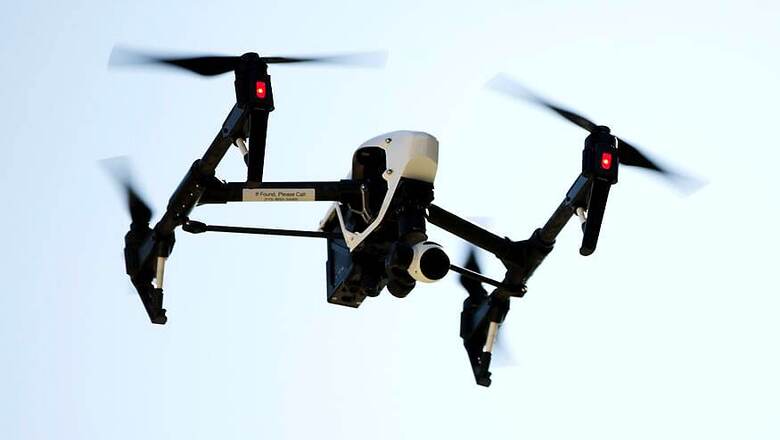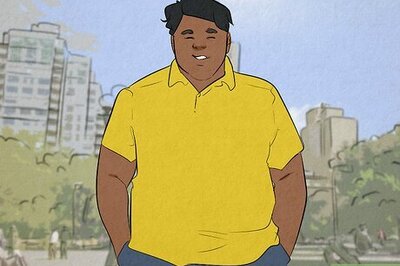
views
The Bidhannagar Municipal Corporation (BMC) in West Bengal will use drones to detect whether mosquito larvae are breeding in stagnant water in dengue-prone areas of Salt Lake and Rajarhat. According to MBC mayor Krishna Chakraborty, they will start a test from
Monday to see how the drones can be used effectively in their fight against mosquito-borne diseases like dengue.
The areas around Salt Lake have seen a spike in mosquito-borne diseases like dengue, malaria and chikungunya following incessant rains.
Speaking to the Times of India on Friday, following the swearing-in of the BMC chairperson and MMiCs, BMC mayor Krishna Chakraborty said that the drones will be used in dengue-prone areas like Duttabad and Saradapalli.
Furthermore, civic officials have said that there is nothing to worry about as the dengue situation is under control in Bidhannagar.
However, the civic authorities are taking precautions to prevent an outbreak, reported the TOI.
Notably, areas near Duttabad, including Purbachal and those located off VIP Road like Kestorpur, Raghunathpur and Prafullakanan have been the most vulnerable to dengue in the last few years, the report revealed.
Chakraborty added that she will start the ‘apnar mayor apnar ward e (your mayor in your ward)’ initiative from ward 23 and ward 24 in Kestorpur's Kalamandir from Sunday and will visit different localities within Bidhannagar on a regular basis to meet locals and listen to their complaints, the report further revealed.
Notably, a meeting was held between West Bengal Health Department and Bidhannagar Municipal Corporation (BMC) at the Poura Bhavan in Salt Lake on Tuesday to chalk out a plan to prevent mosquito-borne diseases like malaria, dengue and chikungunya.
During the meeting, BMC officials handed over a map to health officials where details of previous year's dengue history of the area were mentioned, reported Millennium Post, adding that the BMC authorities also put forward their plans to prevent dengue and other vector-borne diseases during the meeting.
Notably, a TOI report in August revealed that the number of dengue cases in Kolkata shot up tremendously following heavy rains. There have been 300 hundred dengue cases in Kolkata, with Behala being the worst hit. The TOI report further revealed that 50persons were tested positive for dengue between January 1 and July 31 this year in Salt Lake and Rajarhat.




















Comments
0 comment